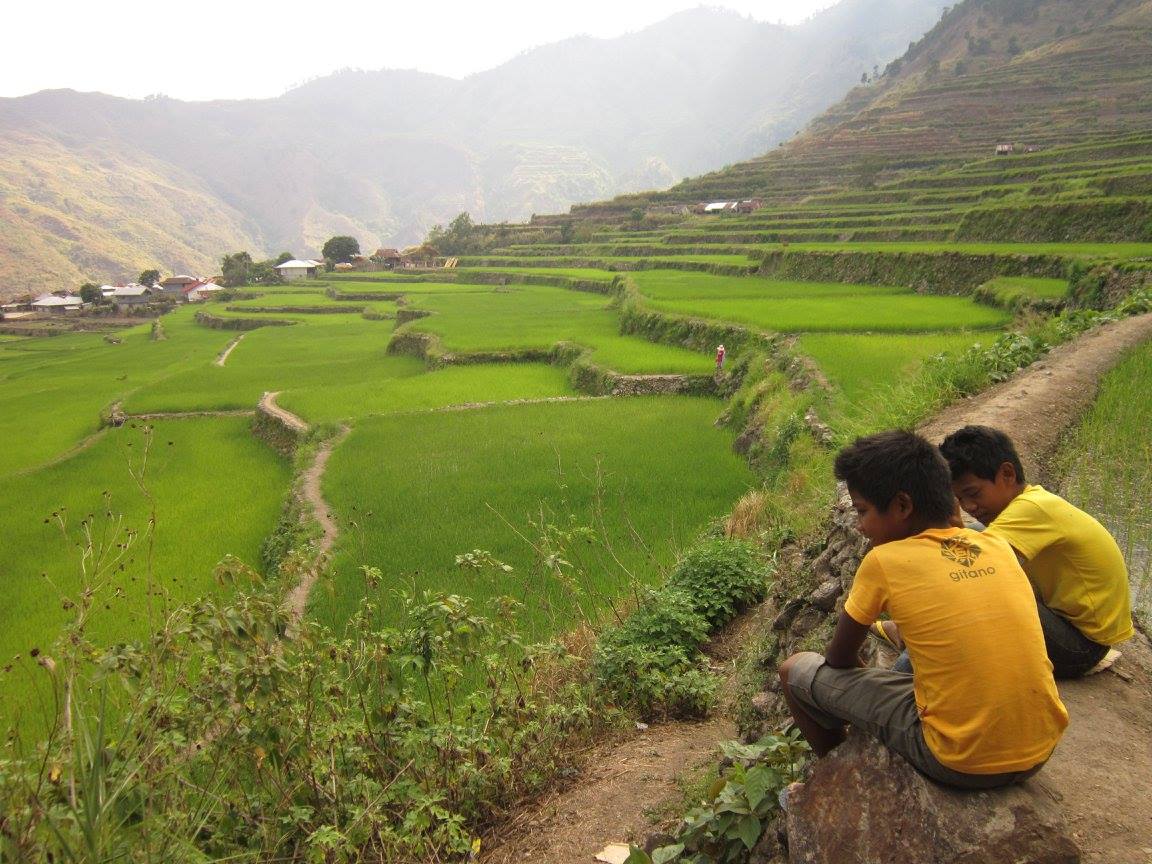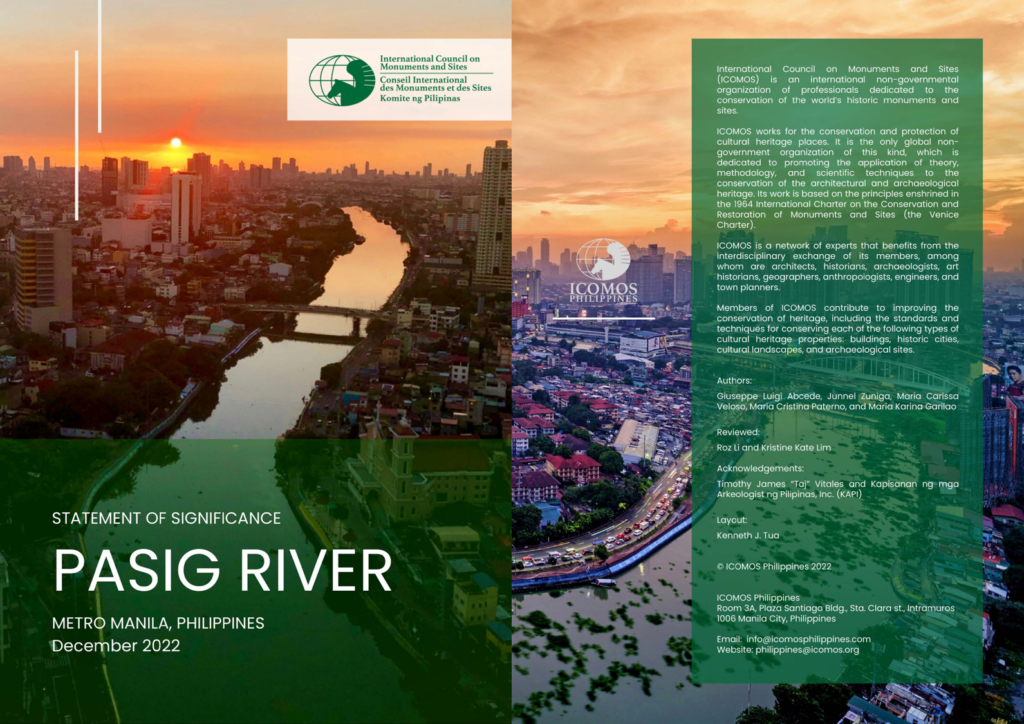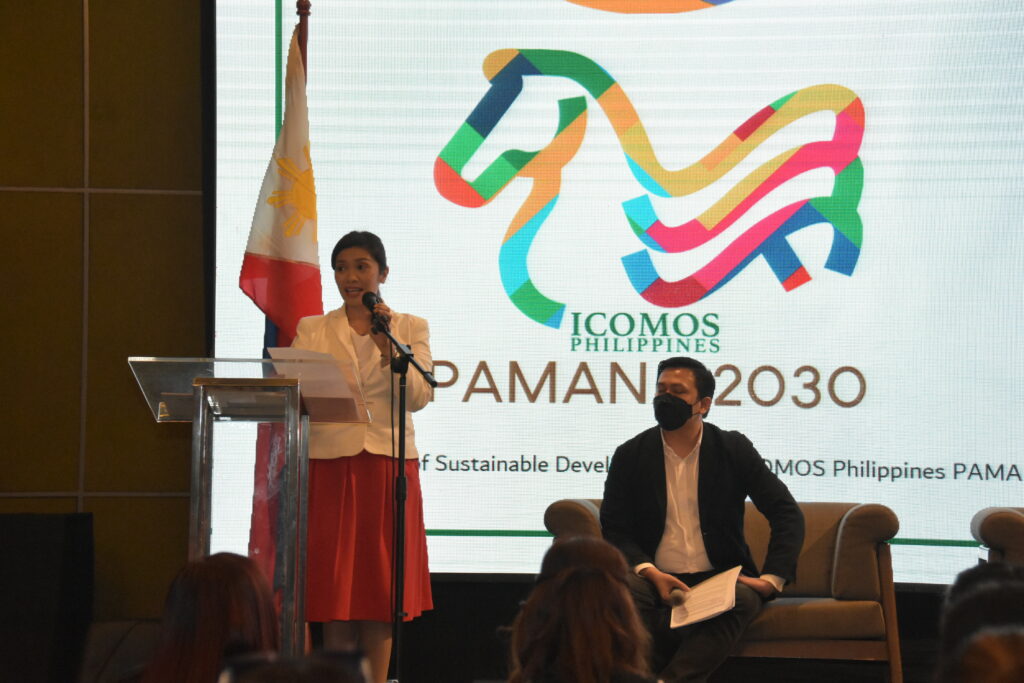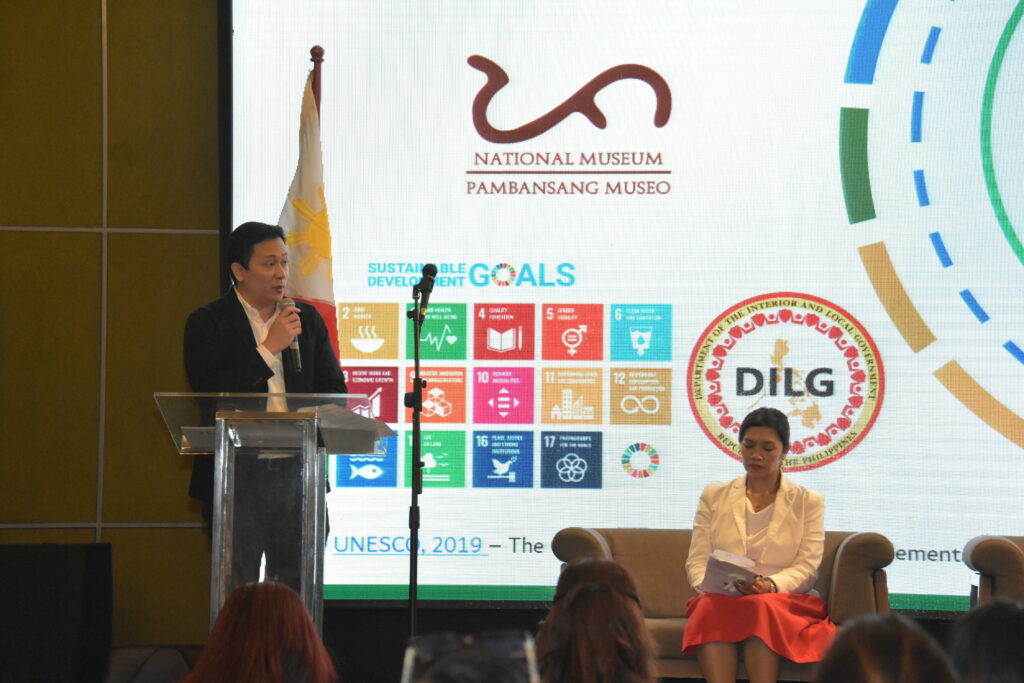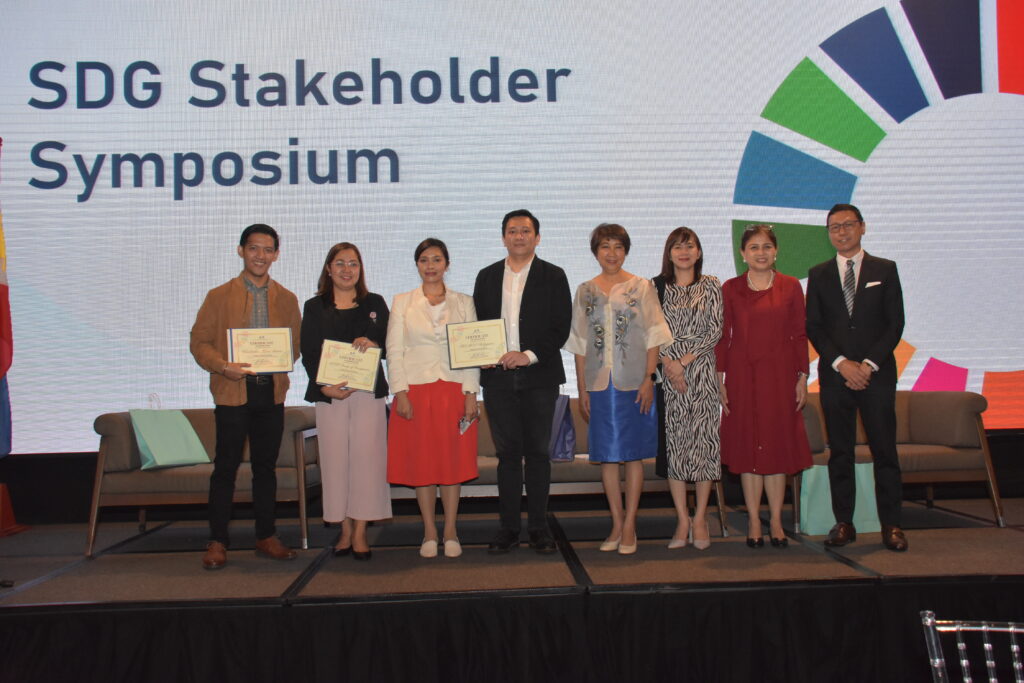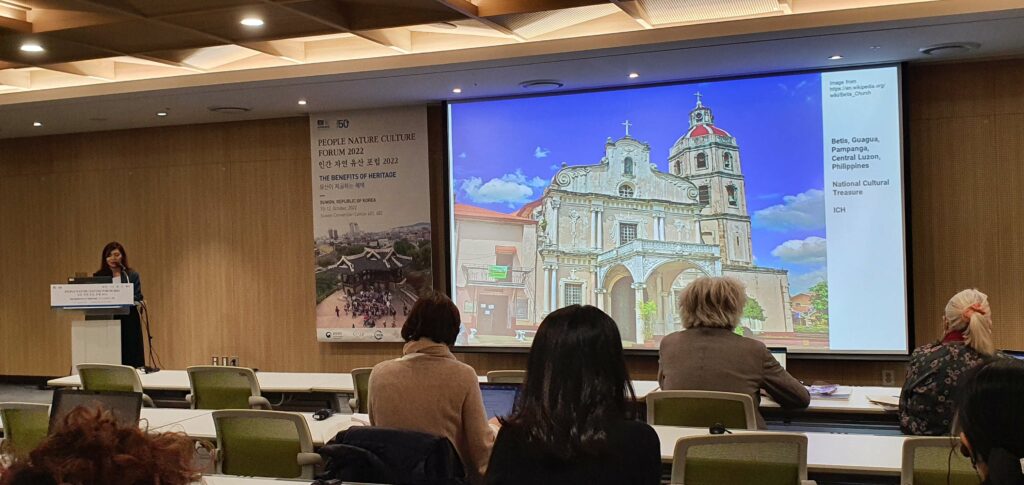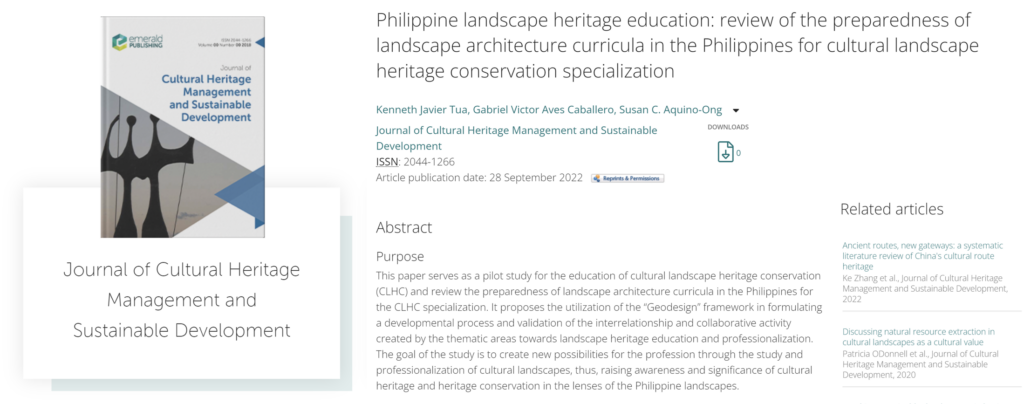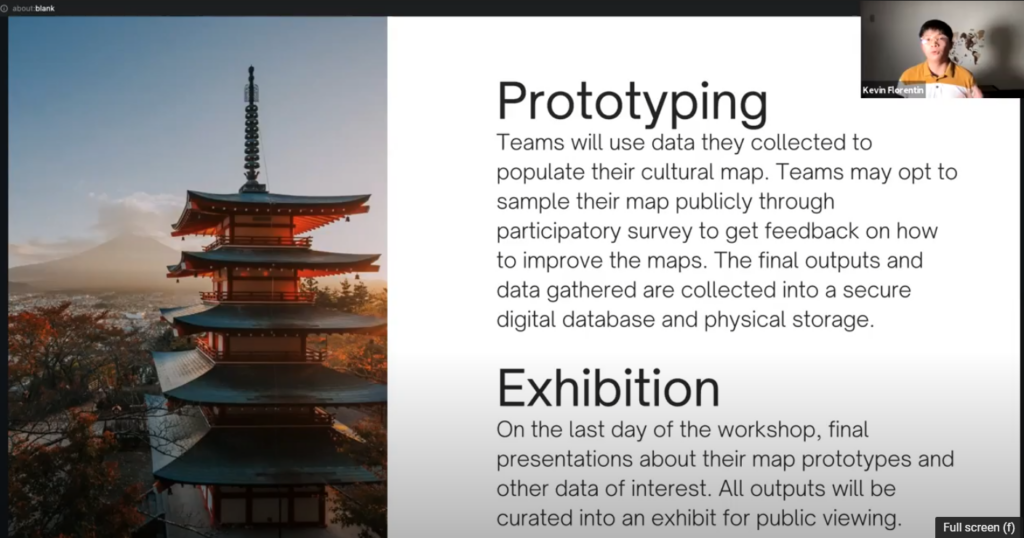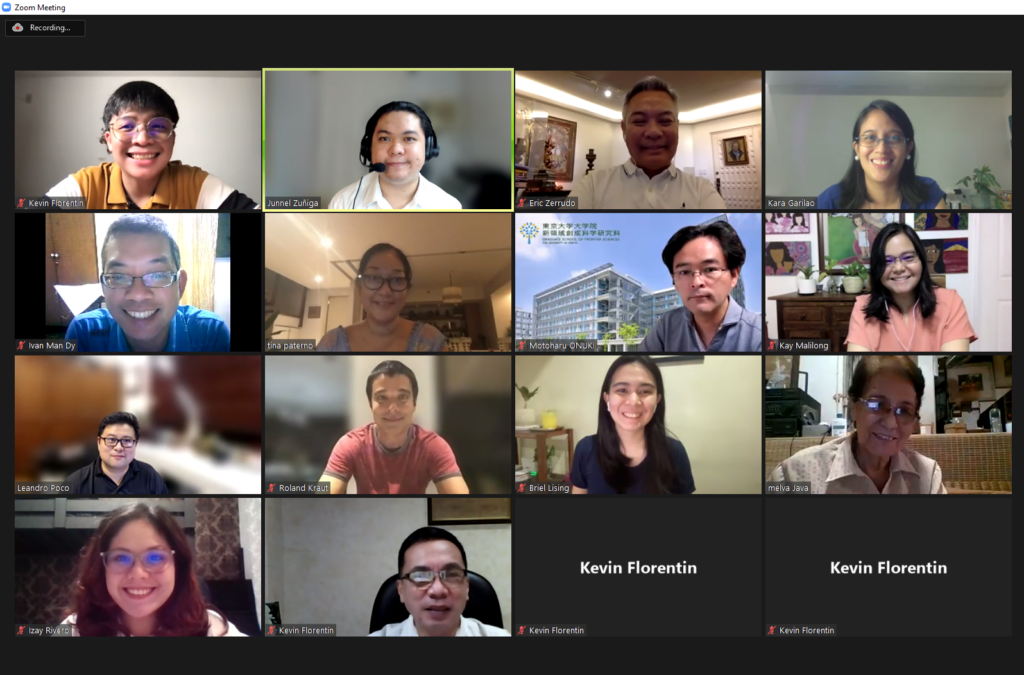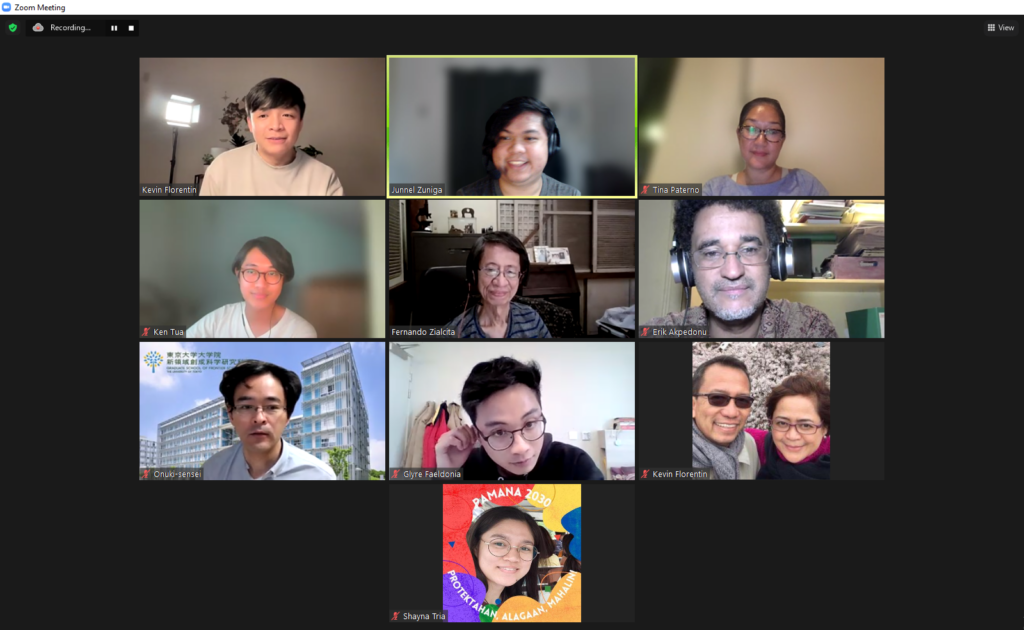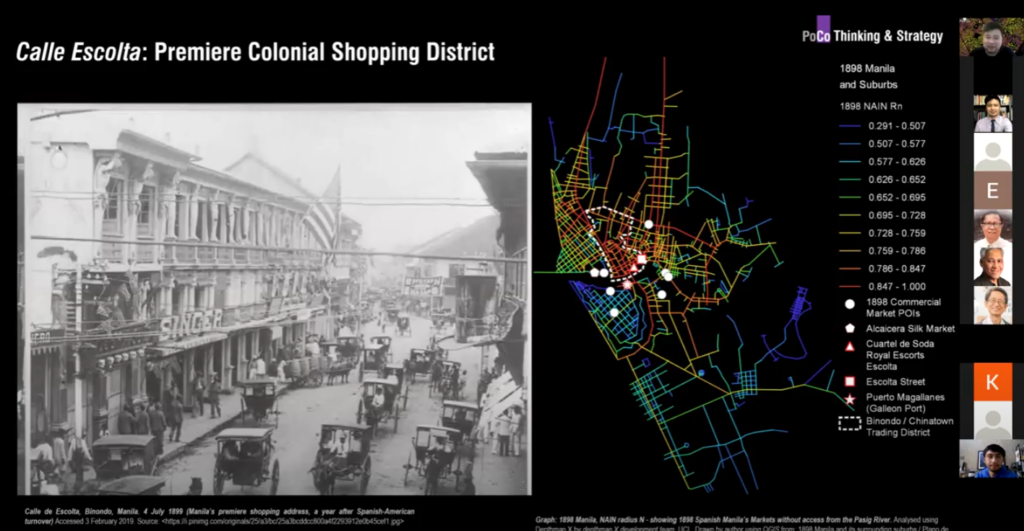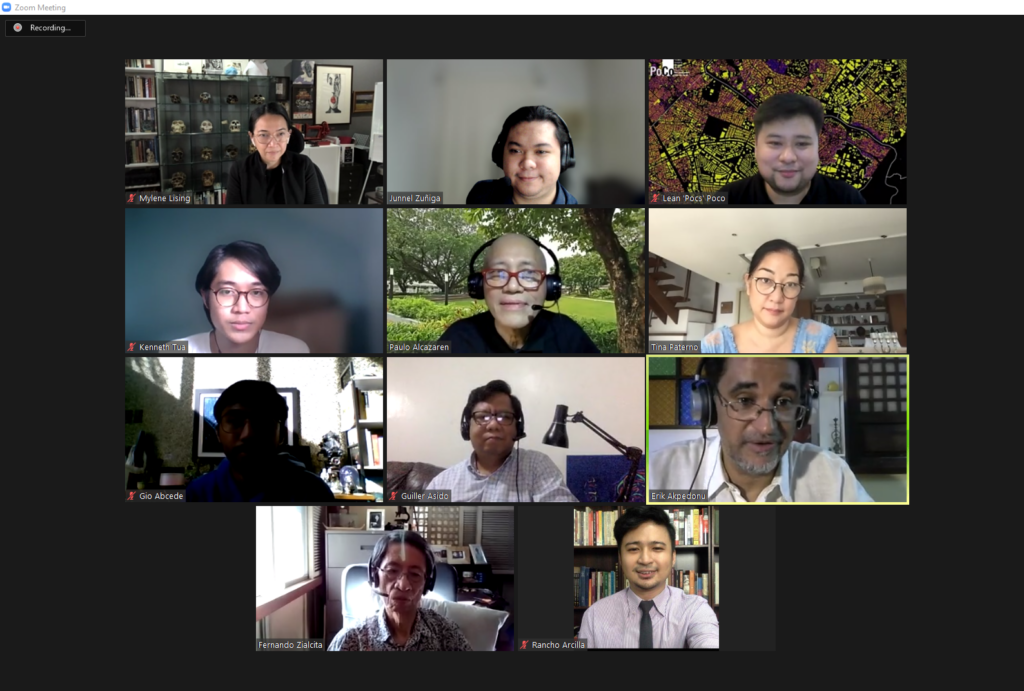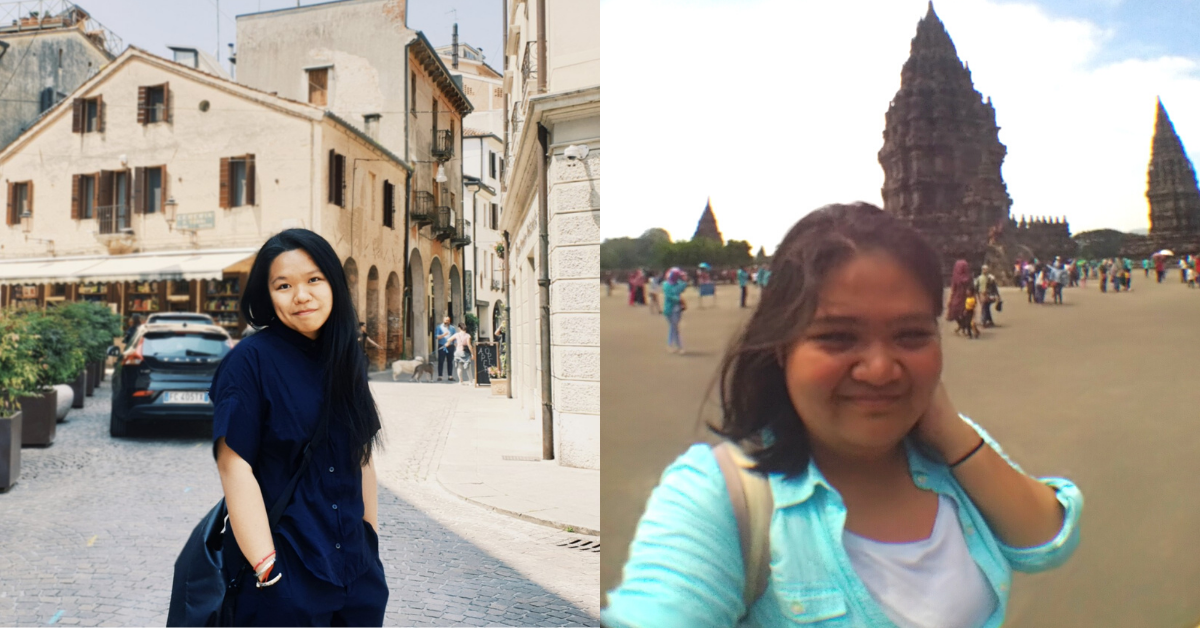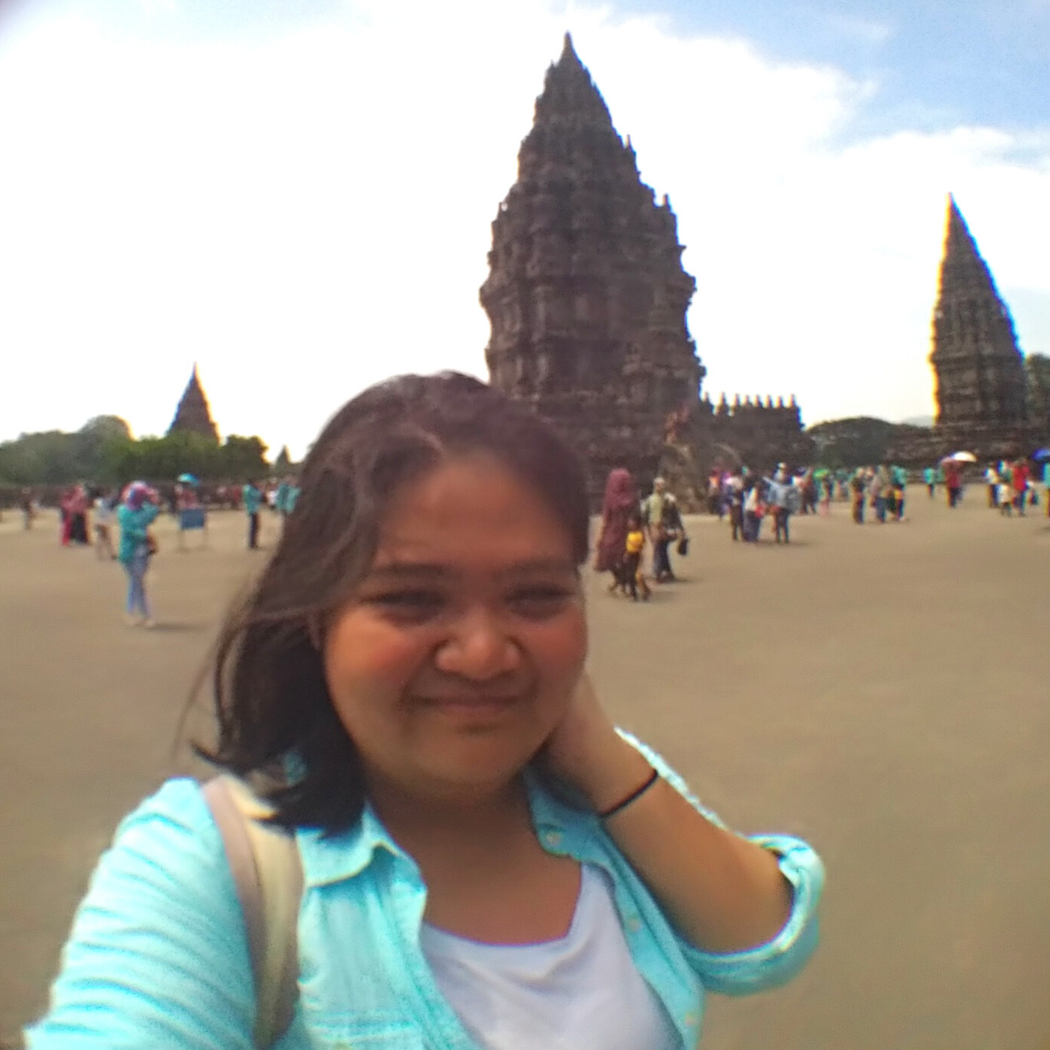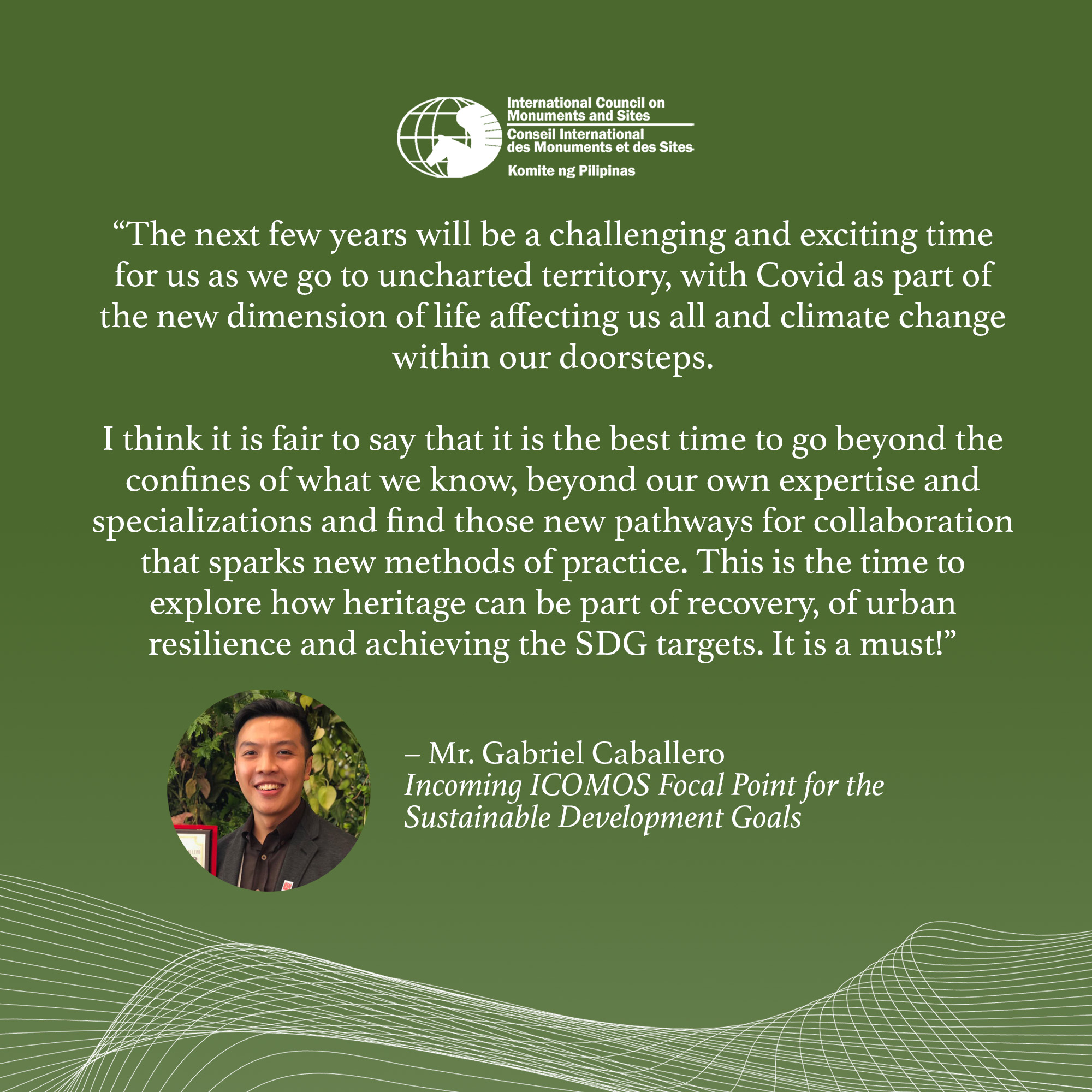Pasay, Philippines – ICOMOS Philippines held its annual General Assembly [GA] on 13th July 2024 at the Government Service Insurance System (GSIS) Museo ng Sining. Every year in July, the Executive Officers, Committees and Officers, and ICOMOS Philippines membership gather to review the current and previous year’s activities, understand the organization’s operational, organizational, and financial health, and vote on institutional proposals for the coming year and beyond.
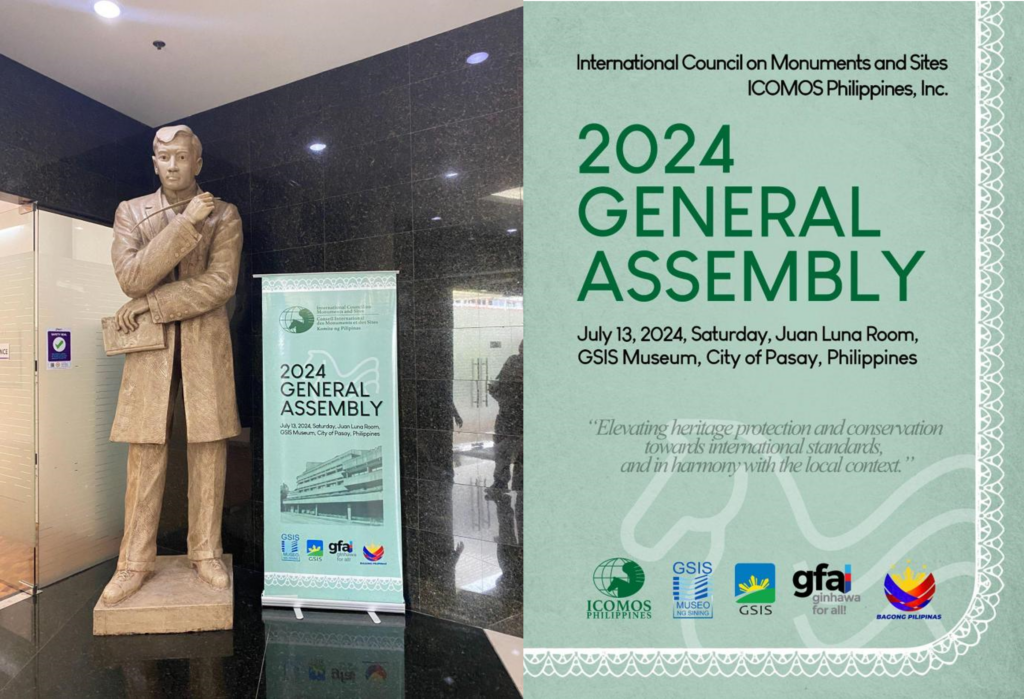
With a quorum of 64, the GA was called to order followed by the President’s Report by Dr. Cheek Fadriquela who spoke about major themes that drove activities throughout the past year. continuity, celebration, commitment, and compliance. Together, these concepts speak of a thriving organization that continues to grow each year. Some of these activities that engage members are: voting on issues and electing its Board of Trustee members, pursuing organizational compliance with government agencies, celebrating milestones and achievements, offering its members and the general public a chance to attend webinars, lectures, and capacity building workshops, and, most importantly, engaging its members to participate as volunteers for ICOMOS initiatives.

Vice President Ar. Kenneth Javier Tua, delivered the Vice President’s Report, focusing on operational aspects internally and externally. Major themes from the presentation were the streamlining of decisions and approvals by the Board of Trustees [BOT] due to regularized bi-monthly meetings, membership and stakeholder involvement which reached 63% participation, 15% higher than the previous year, visibility as an organization through medial alliances, social media reach and in print which doubled the frequency of impressions, and development of stronger ties with the national government cultural agencies.
Two major projects were at the center of the reporting. First, the UNESCO Heritage Emergency Fund [HEF] project in the Philippines which was also presented by Ar. Tua. the Country Project Director. The first of its kind in the country to aid in the recovery of a World Heritage Site, the Historic CIty of Vigan. At two selected pilot houses, the scope was to enhance technical standards for the conservation of heritage houses and structures by various technical disciplines who performed investigations, testing, shared observations, and recommended conservation interventions.
Immediate Past President Maria Christina Paterno presented as Project Director the milestones of the second major project of the previous fiscal year, Preserving Legacies Initiative [PLI]. She worked closely with ICOMOS Philippines member and COO of the Save the Ifugao Terraces Movement (SITMo) Marlon Martin who led the onsite focus group discussion. The exercise of assessment through focus discussion groups revealed the negative impacts of climate change on Ifugao livelihoods and traditions.
More reports were shared by the BOT. Treasurer Ar. Harvey Vasquez pointed to the 66% growth of the asset base from 2023-2024 with a reduction of liabilities by 39%. A large part of the revenue was due to donations and grants [HEF], and expenditures were mainly project-related. Corporate Secretary Ms. Liliane “Tats” Rejante Manahan in her report informed the organization’s up-to-date compliance and related to the requirements to file with the SEC every year, to submit quarterly and annual financial reports with the BIR, and maintain Barangay Business Clearance and Mayor’s Permits.
Committee Officers also gave updates to the membership. Membership Officer Ar. Giuseppe “Gio” Luigi H. Abcede showed membership growth year after a year and shared the impacts of membership calls, the involvement with the International Scientific Committees [ISCs], and the different Working Groups [WG]. John Ray Ramos, the Secretariat and Heritage Affairs Officer [HAO], shared his involvement with the administration of the ICOMOS Philippines office and membership. Communications Officer Joselito “JJ” H. Corpus shared metrics on the organization’s visibility and public outreach on various social media platforms, its growth over the past year, and the impact of contributing articles to national broadsheets.
Works of WG over the past year were presented by HAO Ramos . Ar. Claudia Isabelle V. Montero, EPWG National Representative, showcased her work involving collaboration with emerging professionals, signing MOUs with three Universities (DLSU, ADMU & FEU), and mentoring interns on impact-driven activities and initiatives. Kristine Kate A. Lim, CCHWG National Representative related long-term plans by the CCHWG with culture as the driver in the face of climate change. Ar. Anjelika A. Orui, SDGWG National Representative informed the membership the WG’s consistent involvement with NEDA to implement the Sustainable Development Goals and the addition of four ICOMOS members based in Cebu for an upcoming project.

Institutional initiatives were presented and voted upon at the last part of the program. The Policy for the Disaster Risk Management of Cultural Heritage (DRMCH) which will form a funded committee on DRMCH that will respond to disruption, hazard, and loss on Philippine’s cultural heritage anchored on the ICOMOS International Scientific Committee on Risk Preparedness [ICORP] was adapted by the membership. Guidelines for the Institutional Membership did not garner enough votes to be passed and accordingly, it shall then be subject for further review of the membership.


The 2024 General Assembly signifies the continued commitment of ICOMOS Philippines to discuss and promote the conservation, protection, use, and enhancement of cultural heritage sites. The assembly serves as a platform for members to exchange knowledge, share best practices, develop and adopt policies, and set the direction for future initiatives in heritage conservation.
(EPWG: Emerging Professionals Working Group, SDGWG: Sustainable Development Goals Working Group, CCHWG: Climate Change and Heritage Working Group. All National Representatives are also Coordinators)
